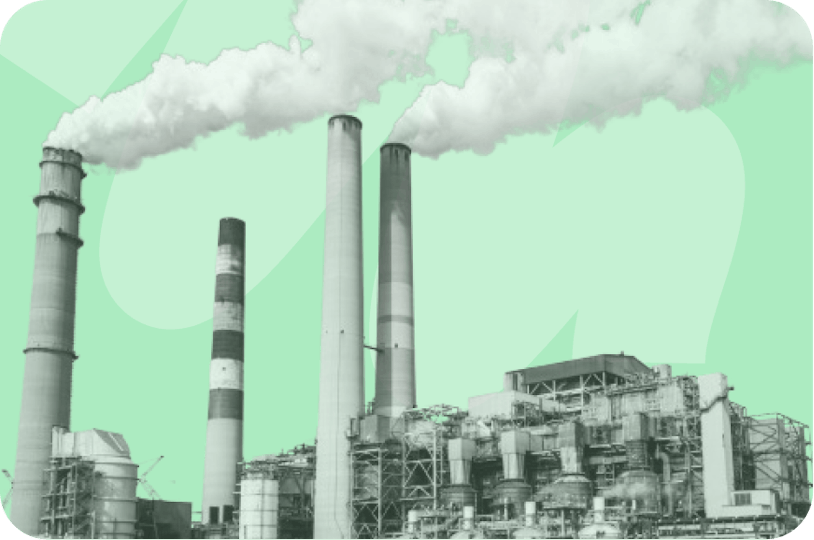
Comprendre la taxonomie verte
La taxonomie européenne compte parmi les outils devant permettre à l'UE d'atteindre la neutralité carbone en 2050. Mais en quoi consiste-t-elle ?
ESG / RSE
Secteurs d'activité

La taxonomie européenne compte parmi les outils devant permettre à l'UE d'atteindre la neutralité carbone en 2050. Mais en quoi consiste-t-elle ?

Qu'est-ce que la SBTi ? Pourquoi et comment devriez-vous l'appliquer en entreprise ? Greenly vous dit tous de la Science-based Targets Initiative.

Pour respecter les objectifs fixés par l'Accord de Paris, nous devrions atteindre la neutralité carbone à l’échelle planétaire à horizon 2050. Mais pourquoi ?

Le greenhushing a le vent en poupe, et ce n'est pas une bonne nouvelle. Comprendre les racines du mal est essentiel pour y remédier. Alors allons-y.

La norme ISO 14004 aide une entreprise à mieux maîtriser ses impacts environnementaux en instaurant un système de management environnemental (SME).

De façon très prosaïque, la comptabilité carbone est une forme de comptabilité extra-financière, qui attribue un coût (exprimé en CO₂e) à une activité donnée.
Derniers articles

Qu'est-ce que le règlement ESPR, et en quoi ce dernier constitue-t-il un formidable levier pour l'évolution de votre entreprise ? Greenly vous dit tout.

Pour simplifier, la batterie utilise un électrolyte solide (en polymère, en céramique ou en composite) pour faire circuler l'énergie entre leurs électrodes.

En 2026, le TOP 5 des meilleurs logiciels VSME est : 1.Greenly, 2.CONSUST FramesCube, 3.Diligent ESG, 4.Plan A et enfin 5.Daato.

En 2026, Les meilleurs logiciels pour se conformer aux normes IFRS sont : 1. Greenly ; 2. Workiva et 3. Persefoni.

Les concerts, comme tant d'autres événements, sont synonymes d'empreinte carbone. Ce qui ne signifie pas qu'ils ne peuvent pas se réinventer.

La proposition de loi Duplomb a émergé fin 2024, dans un contexte de tension extrême (qui n'avait rien d'inédit) au sein du secteur agricole.

L’éco-branding ne consiste pas simplement à apposer une feuille sur un logo ou de le décorer d’un fond vert, – c'est aussi remettre en question les pratiques.

Le risque de tsunami en Méditerranée est réel - quoique malheureusement méconnu. D'où l'importance de le comprendre et de se préparer.

Après épuration (élimination du soufre, de l’eau et du CO₂), le biogaz devient du biométhane, un gaz aux propriétés identiques à celles du gaz naturel.

Notre langage industriel est très complexe, mais la nature dit bien davantage avec moins de mots et une syntaxe plus simple (source : Cairn, 2018).

Une notation extra-financière est attribuée à une entreprise par une agence, sur la base de critères non financiers (comme l'environnement, le social, etc.).

La certification Cradle-to-Cradle® évalue les produits selon 5 grands critères : qualité des matériaux, circularité, énergie, eau & sols, et équité sociale.